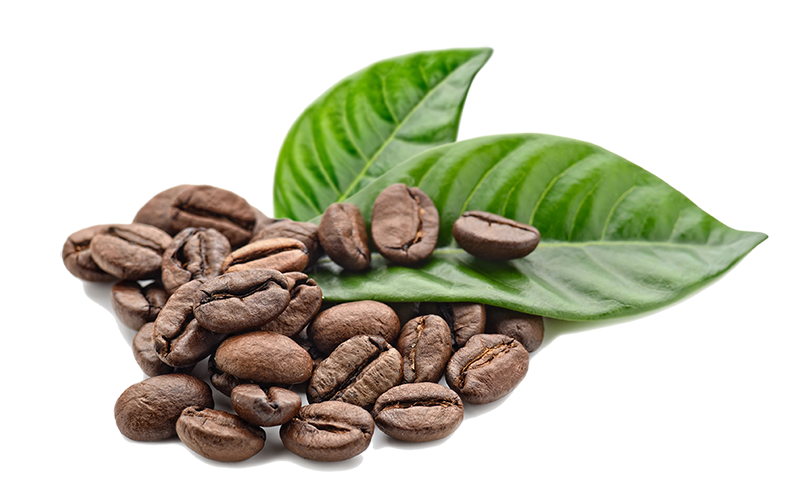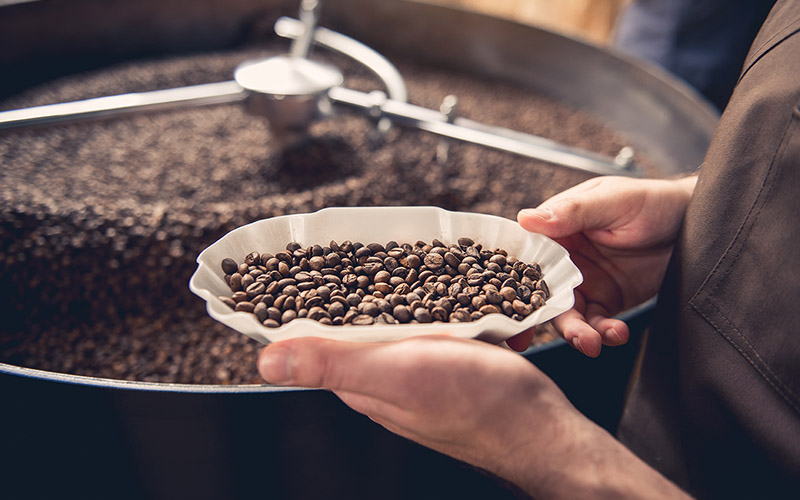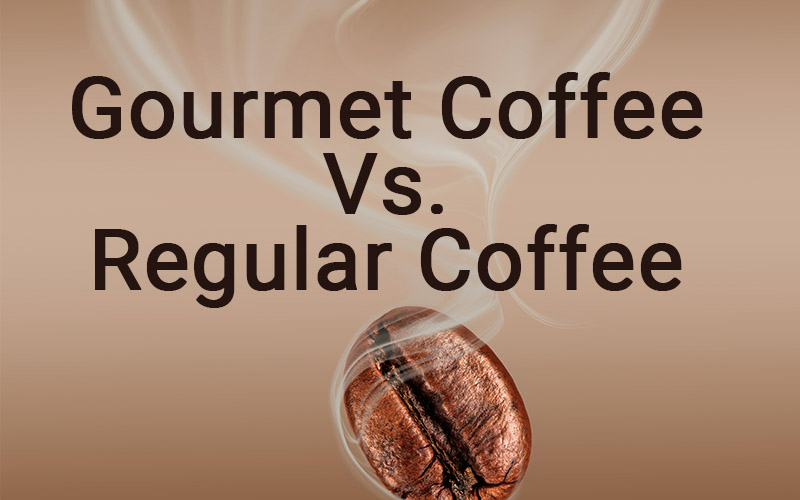Gourmet Coffee versus Regular Coffee: What’s The Difference
There are a variety of reasons why someone might prefer drinking gourmet coffee over regular coffee. The rise of specialty coffee shops and increased media attention have brought gourmet coffee to the forefront and raised awareness about the differences between gourmet coffee and regular coffee.
Consumers are becoming more interested in high-quality, artisanal products, and gourmet coffee fits into this trend. People are looking for unique and enjoyable experiences, and a high-quality cup of coffee can provide just that.
Some people are drawn to gourmet coffee because of its perceived health benefits offering organic and fair-trade options, which appeal to consumers who are conscious about their health and the environment.

Why Coffee Drinkers Prefer Gourmet Coffee Over Regular Coffee
Coffee drinkers often prefer gourmet coffee over regular coffee because of its superior quality and flavor. Some of the reasons why gourmet coffee is preferred include:
-
- Taste: Gourmet coffee is known for its rich, complex flavor profile that is often lacking in regular coffee. The beans are grown in specific regions with ideal growing conditions and are roasted with care to bring out their unique flavor characteristics.
- Freshness: Gourmet coffee is often freshly roasted, ensuring that the coffee is at its peak flavor when consumed. Regular coffee, on the other hand, may have been roasted months or even years earlier, resulting in a less flavorful cup.
- Quality: Gourmet coffee is made from high-quality beans that are carefully selected and grown in specialty coffee regions. The beans are often shade-grown and hand-picked, ensuring that only the best beans are used.
- Sustainability: Many gourmet coffee producers are committed to sustainable practices, such as using environmentally friendly growing methods and fair labor practices. Coffee lovers who care about the environment and ethical sourcing appreciate the efforts made by gourmet coffee producers.
- Experience: Drinking gourmet coffee is often viewed as a special treat or indulgence, and it can be a more enjoyable and satisfying experience than drinking regular coffee.
Overall, gourmet coffee is preferred by coffee lovers because of its superior taste, freshness, quality, sustainability, and the overall experience of drinking it.
What Makes Gourmet Coffee Different Than Mass-Produced Coffee
Gourmet coffee is a term used to describe high-quality, specialty coffee that is distinct from the more common, mass-produced coffee. There are several factors that contribute to the distinction between gourmet and regular coffee:
-
- Bean Quality: Gourmet coffee beans are typically hand-selected from specialty coffee farms and are of a higher quality than mass-produced coffee beans. The beans are often grown in specific regions known for producing high-quality coffee, such as Ethiopia, Colombia, and Panama.
- Roasting: Gourmet coffee is roasted with precision and care to bring out the unique flavor characteristics of each bean. Roasters often use specialized roasting techniques and equipment to produce a consistent and even roast.
- Flavor Profile: Gourmet coffee is known for its complex flavor profile, which can range from fruity and bright to rich and chocolaty. The flavor profile of gourmet coffee is heavily influenced by the origin, variety, and growing conditions of the coffee beans, as well as the roasting technique.
- Sustainability: Many gourmet coffee producers are committed to sustainable practices, such as using environmentally friendly growing methods and fair labor practices.
- Preparation: Gourmet coffee is often brewed using specialized methods, such as pour over, French press, or AeroPress, to bring out its full flavor potential.
Overall, gourmet coffee is different from regular coffee because of its higher quality beans, precise roasting, complex flavor profile, and commitment to sustainability.

The Key to Roasting Coffee Beans
Roasting coffee beans is an art and a science, and there are several key factors to consider:
-
- Temperature: Roasting coffee beans requires a high temperature, typically between 385-485°F. A consistent and controlled temperature is essential to achieve an even roast and prevent burning.
- Time: The roasting time will vary depending on the type of coffee bean and the desired roast level. A lighter roast will require less time, while a darker roast will require more time.
- Bean mass and Airflow: The size of the coffee bean batch and the air flow inside the roaster will impact the roasting process. A larger batch of beans will require a longer roasting time and more airflow to maintain an even roast.
- Roast Profile: A roast profile is a set of instructions that dictate the temperature, time, and airflow of the roasting process. Different roast profiles can produce different flavor profiles in the coffee, so it’s essential to understand how to create and adjust roast profiles.
- Cupping: Cupping is the process of tasting roasted coffee to evaluate its flavor and quality. This is an important step in the roasting process because it allows the roaster to make adjustments to the roast profile based on the results of the cupping.
Overall, the key to roasting coffee beans is to maintain control over these factors, making adjustments as needed to produce a high-quality roast with the desired flavor profile.
| Gourmet Coffee | Regular Coffee | |
| Quality | The quality of gourmet coffee has improved significantly in recent years, with specialty coffee shops sourcing high-quality beans from around the world and roasting them with precision to bring out their unique flavor characteristics. | Mass-produced coffee is often made from lower-quality beans that are grown in large quantities, resulting in a less flavorful cup of coffee. The beans may also be roasted quickly and at high temperatures, which can cause the coffee to taste burnt or bitter. |
| Freshness | Gourmet coffee is often freshly roasted, ensuring that the coffee is at its peak flavor when consumed. | Mass-produced coffee is often roasted months or even years before it is consumed, resulting in a loss of freshness and flavor. |
| Sustainability | Many specialty coffee shops offer organic and fair-trade options, which appeal to consumers who are conscious about their health and the environment. | Mass-produced coffee may contain chemical residues from the pesticides and fertilizers used in its cultivation, which can be harmful to the health of consumers. |
| Convenience | With the growth of online specialty coffee shops and the rise of at-home brewing methods, it’s easier than ever to enjoy a high-quality cup of gourmet coffee. | Mass-produced coffee can easily be found on store shelves. |
All-in-all, the increased popularity of gourmet coffee can be attributed to improved quality, growing awareness, changing consumer trends, health and wellness, and convenience over the traditional, mass-produced varieties.
Calvine’s Coffee is passionately committed to satisfying coffee lovers all over the world with fresh-roasted coffee beans, blended to perfection. Calvine’s specialty coffee is roasted to order, packed, and shipped within 24 hours to ensure freshness in every cup poured. Order Calvine’s Coffee online and enjoy fresh-roasted gourmet coffee in the comforts of home.
Learn more about what makes Calvine’s Coffee so special.





